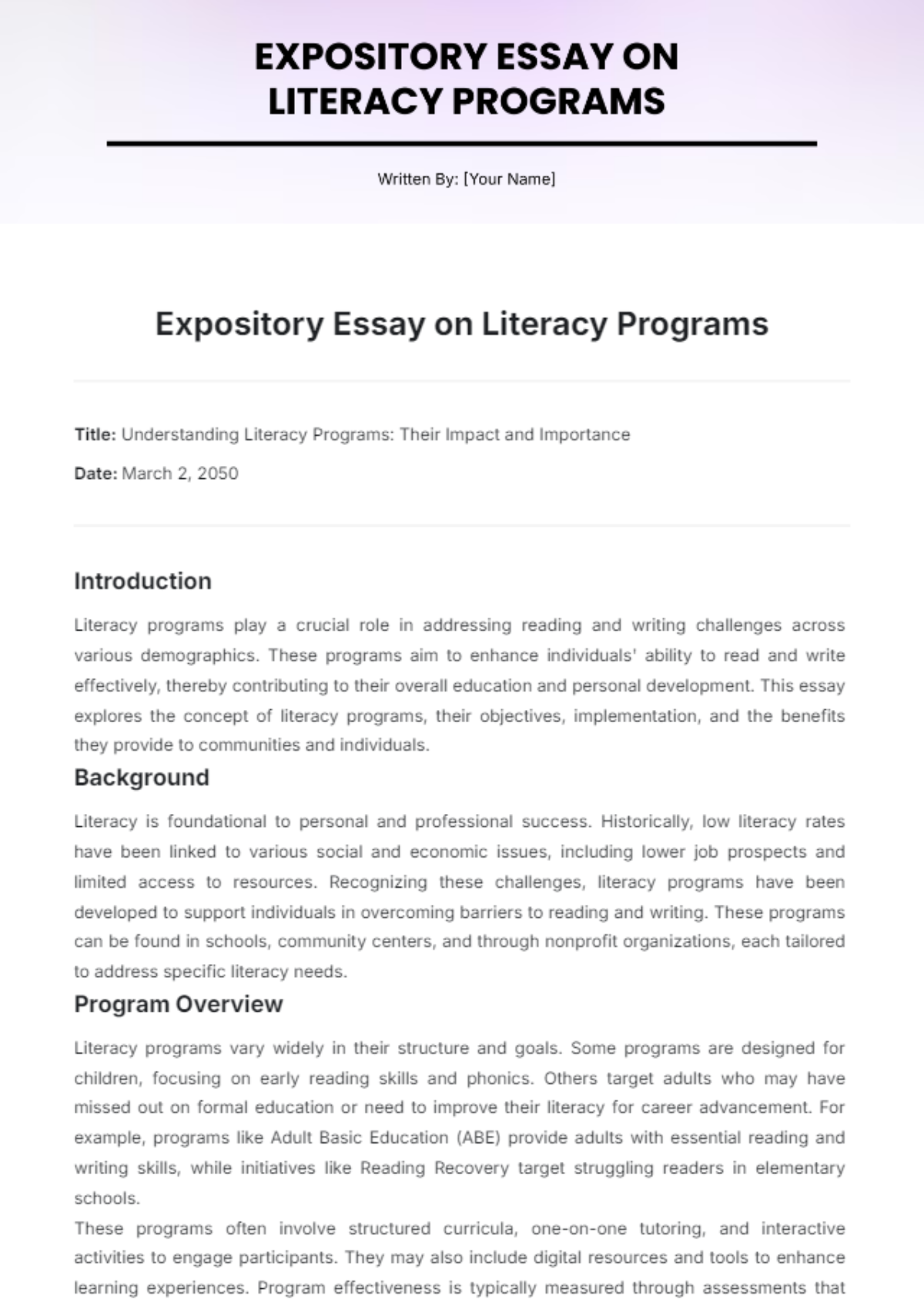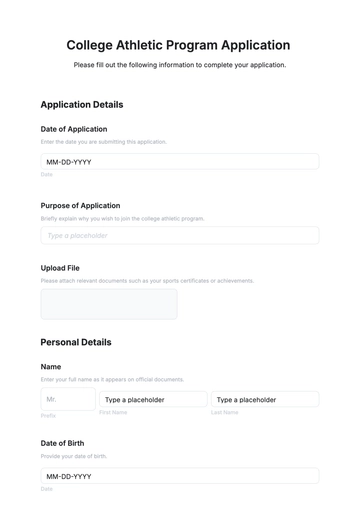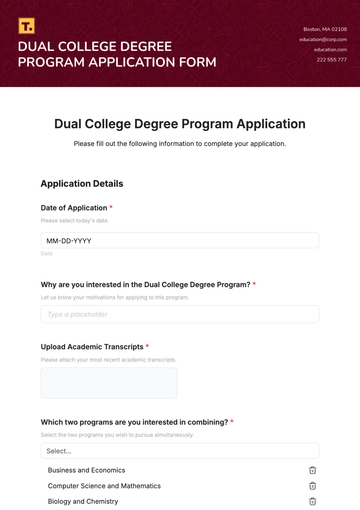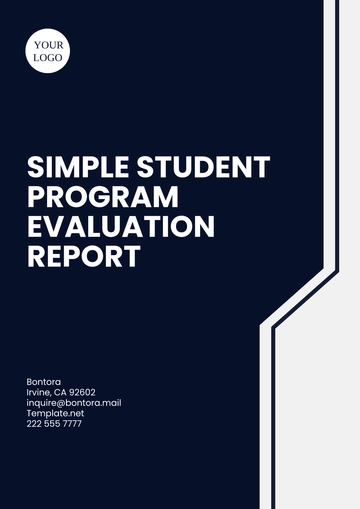Free Expository Essay on Literacy Programs

Title: Understanding Literacy Programs: Their Impact and Importance
Date: March 2, 2050
Introduction
Literacy programs play a crucial role in addressing reading and writing challenges across various demographics. These programs aim to enhance individuals' ability to read and write effectively, thereby contributing to their overall education and personal development. This essay explores the concept of literacy programs, their objectives, implementation, and the benefits they provide to communities and individuals.
Background
Literacy is foundational to personal and professional success. Historically, low literacy rates have been linked to various social and economic issues, including lower job prospects and limited access to resources. Recognizing these challenges, literacy programs have been developed to support individuals in overcoming barriers to reading and writing. These programs can be found in schools, community centers, and through nonprofit organizations, each tailored to address specific literacy needs.
Program Overview
Literacy programs vary widely in their structure and goals. Some programs are designed for children, focusing on early reading skills and phonics. Others target adults who may have missed out on formal education or need to improve their literacy for career advancement. For example, programs like Adult Basic Education (ABE) provide adults with essential reading and writing skills, while initiatives like Reading Recovery target struggling readers in elementary schools.
These programs often involve structured curricula, one-on-one tutoring, and interactive activities to engage participants. They may also include digital resources and tools to enhance learning experiences. Program effectiveness is typically measured through assessments that track improvements in reading and writing abilities over time.
Impact and Benefits
The impact of literacy programs is both profound and wide-ranging, affecting individuals and communities in various ways. For individuals, the benefits of improved literacy skills are substantial:
Educational Outcomes: Enhanced literacy leads to better academic performance, as children and adults are better equipped to comprehend and engage with educational materials.
Job Opportunities: Improved literacy skills open doors to a broader range of employment opportunities. Adults with higher literacy levels are more likely to secure stable and higher-paying jobs.
Quality of Life: Literacy boosts self-esteem and personal confidence, allowing individuals to achieve their goals and participate more fully in societal activities.
Children in literacy programs boost their academic success and confidence, becoming better prepared for education. Adults improving literacy skills gain job prospects and contribute more to their communities, reaching personal goals and becoming more engaged.
Communities collectively benefit in numerous significant ways and experience deep positive effects from the successful implementation of literacy programs.
Educated Population: Literacy programs contribute to a more educated populace, which enhances overall community knowledge and engagement.
Crime Reduction: Higher literacy levels are associated with lower crime rates, as individuals with improved education are less likely to engage in criminal activities.
Civic Participation: Literacy fosters greater civic involvement, enabling individuals to better understand and participate in democratic processes and community decision-making.
Economic Growth: A literate population drives economic development through increased productivity and innovation, benefiting the community as a whole.
Conclusion
Literacy programs are essential for addressing and overcoming literacy challenges. They provide valuable support to individuals of all ages, helping them achieve personal and professional growth. By understanding the structure, goals, and impacts of these programs, we can better appreciate their importance and support their continued development. As society evolves, ongoing investment in and innovation within literacy programs will remain crucial for fostering a literate and empowered population.
- 100% Customizable, free editor
- Access 1 Million+ Templates, photo’s & graphics
- Download or share as a template
- Click and replace photos, graphics, text, backgrounds
- Resize, crop, AI write & more
- Access advanced editor
Craft insightful essays with Template.net’s Expository Essay on Literacy Programs Template. This fully customizable and editable template is perfect for analyzing the importance of literacy programs in education. Editable in our AI Editor Tool, it allows for quick adjustments to meet your specific writing needs. Whether you're an educator, student, or advocate





























